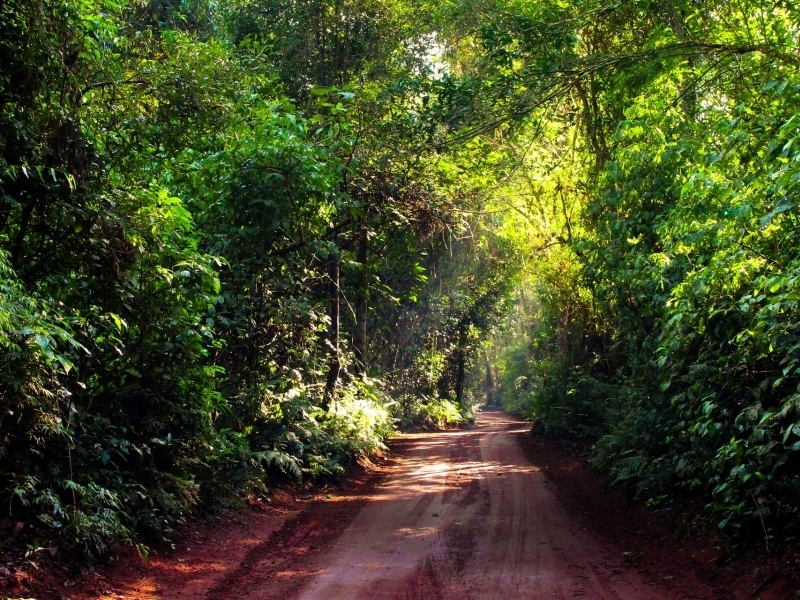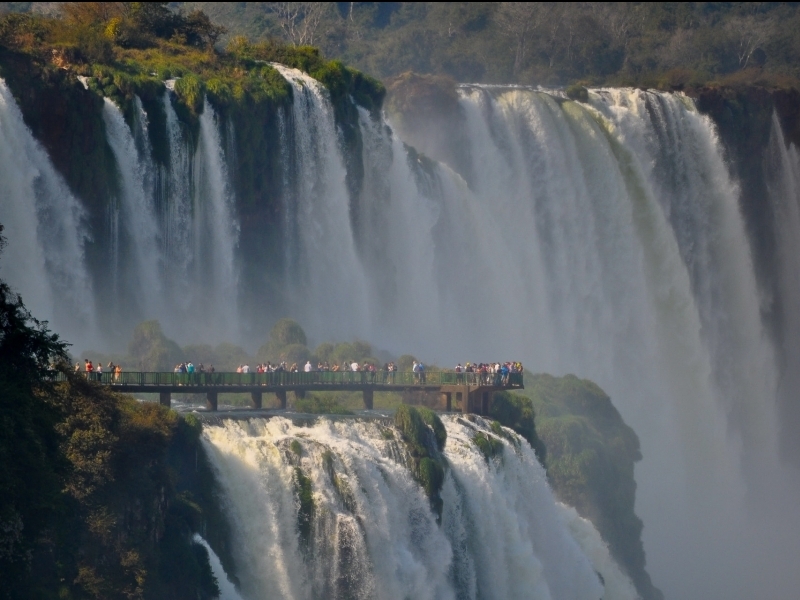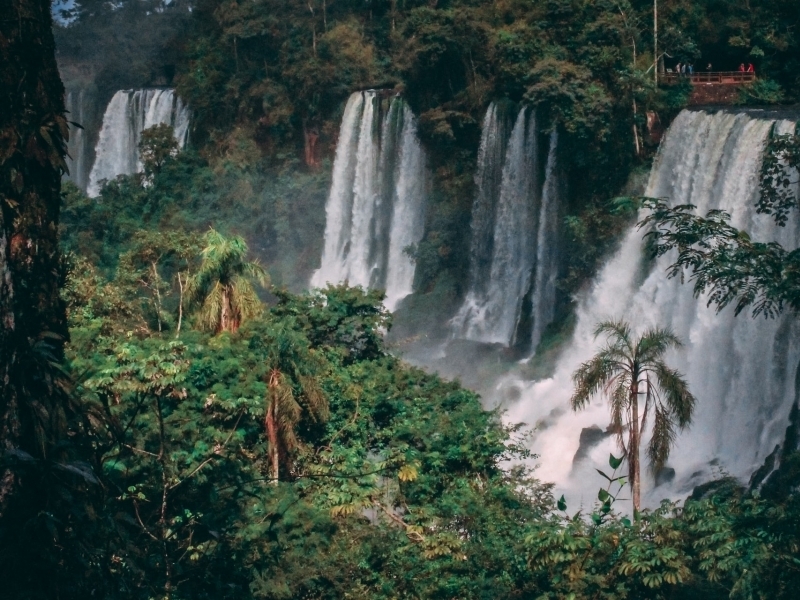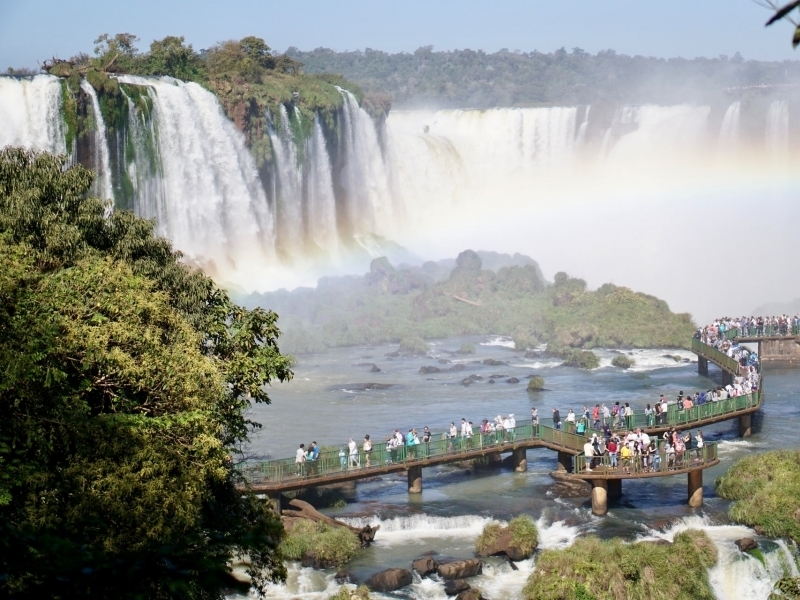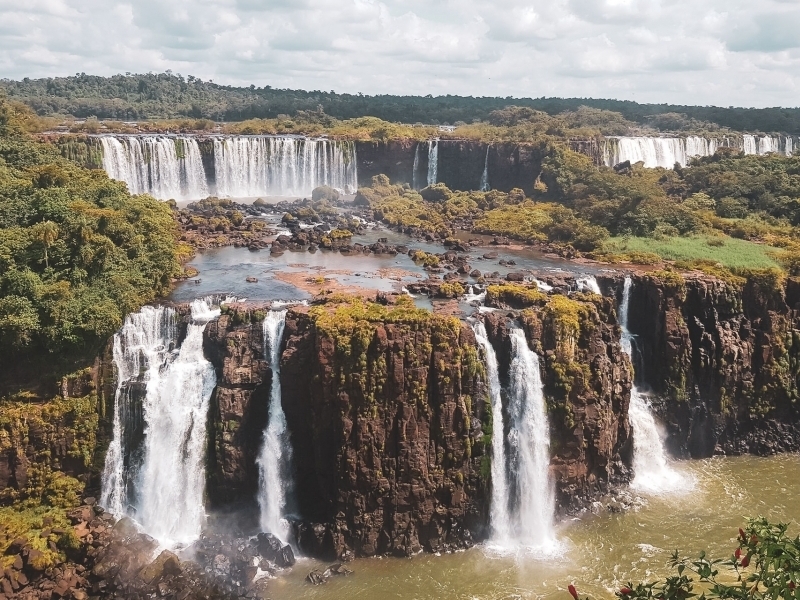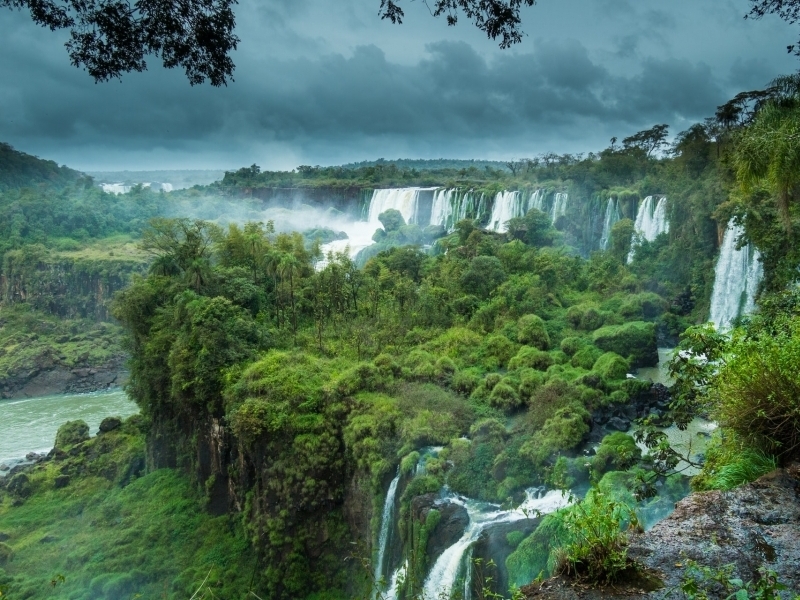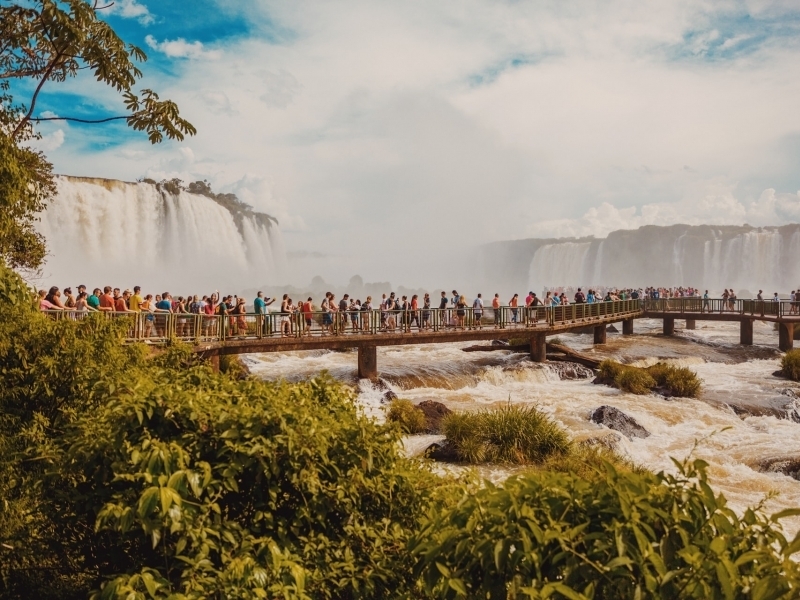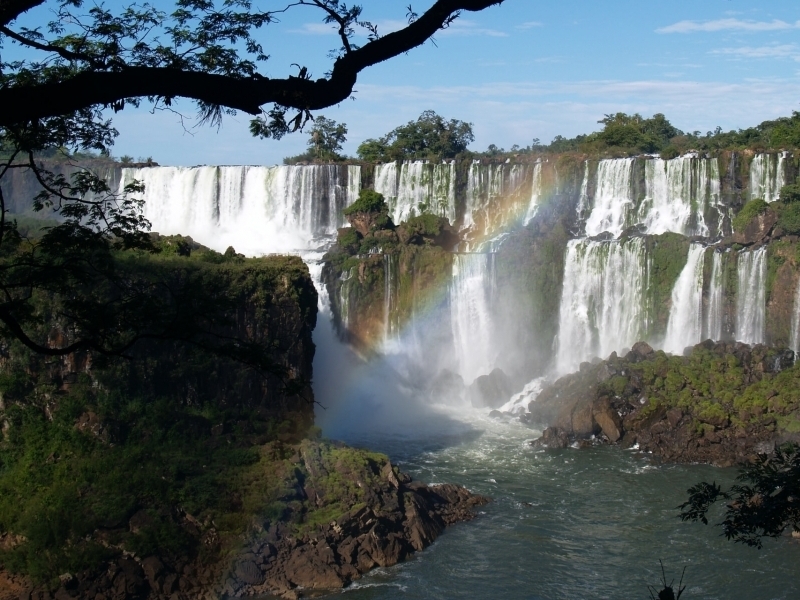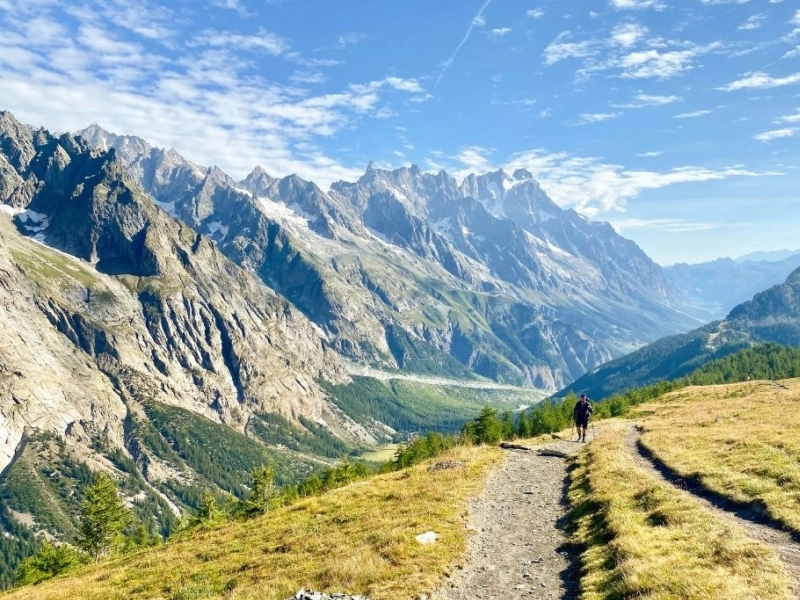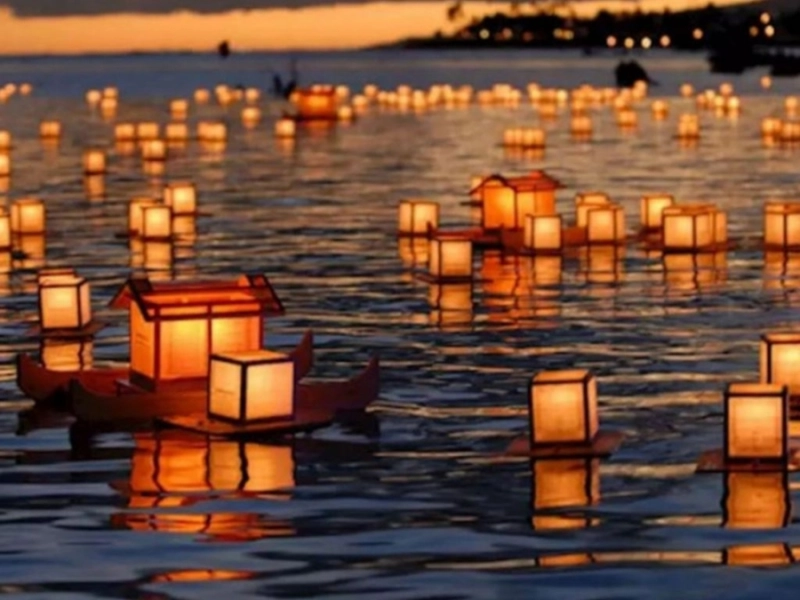News and Testimonials
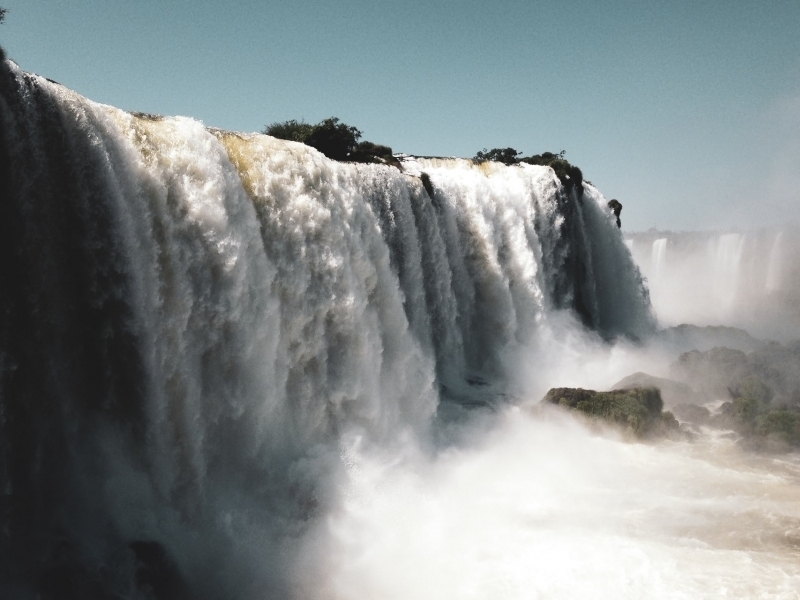
Why Iguazu Falls in South America should be on your bucket list
You might have seen the photos. Even read about it. You might have visited other great waterfalls before. But you probably still have no idea what to expect when you come face to face with the almighty Iguazu Falls, on the border of the Argentina province of Misiones and the Brazilian state of Parana.
The Iguazu Falls are in the province of Misiones, Argentina, on the border with Brazil. They are considered one of the most wonderful natural beauty spots on the planet and have been declared a world heritage site by UNESCO.
Each year, thousands of people visit the Iguazu Falls, not only to see the spectacular waterfalls themselves, but also to enjoy the magnificent unspoilt environment which surrounds them. This is a subtropical jungle where you can find one of the most diverse ranges of flora and fauna in South America.
The Falls
The Iguazu Falls are higher than Niagara Falls and twice as wide. There are 275 cascades arranged in a horseshoe shape three miles wide which are fed by the Iguazu River. This unique geological oddity is the result of a volcanic eruption that left a huge mark on Earth. During the rainy season (November to March) the water flow can reach 12,750 cubic meters a second. The drop is on average 82 meters.
Devil's Throat: The largest water curtain
For many visitors, the first glimpse of Iguazu Falls is an emotional experience. But it pales in comparison to getting up close to the falls.
The Argentinean side offers this experience with a walking route along a series of rustic-looking boardwalks that take visitors close to the action. With around two-thirds of the waterfalls located here, there's plenty of opportunity to get intimate with the falls and get soaked in the process.
Stunning ecosystem
The falls are part of a nearly virgin jungle ecosystem protected on both the Brazilian and Argentine sides with National Parks. Two thirds of the falls are on the Argentine side of the river where you can take a tour through the Iguazu National Park. Ideally, plan a whole day in the Argentine National Park to enjoy the wildlife fauna and flora.
When to go?
The best seasons to see the Iguazu Falls are the spring and the fall. The summer is tropical, so it is hot and very humid. In winter, the water level is lower.

